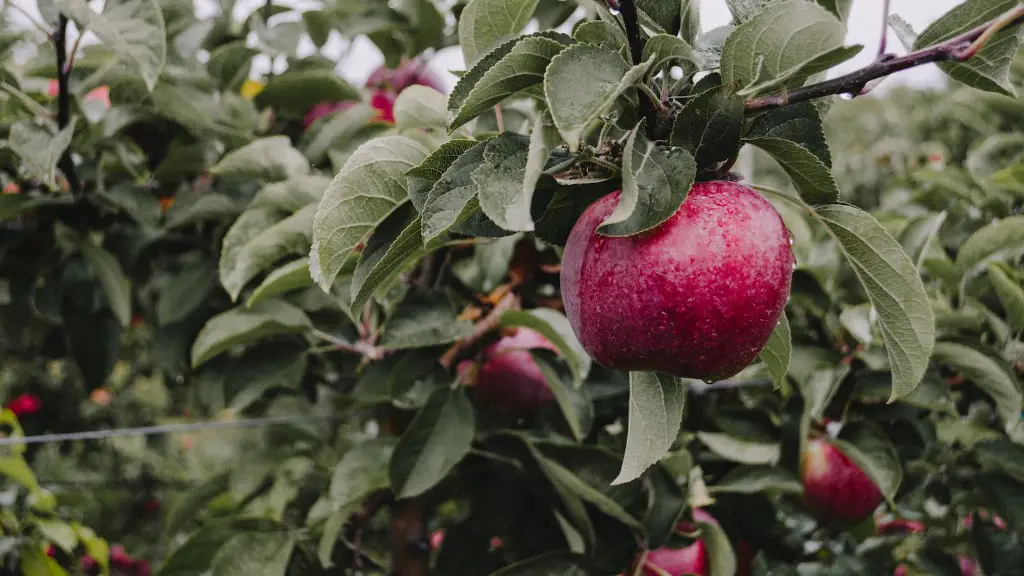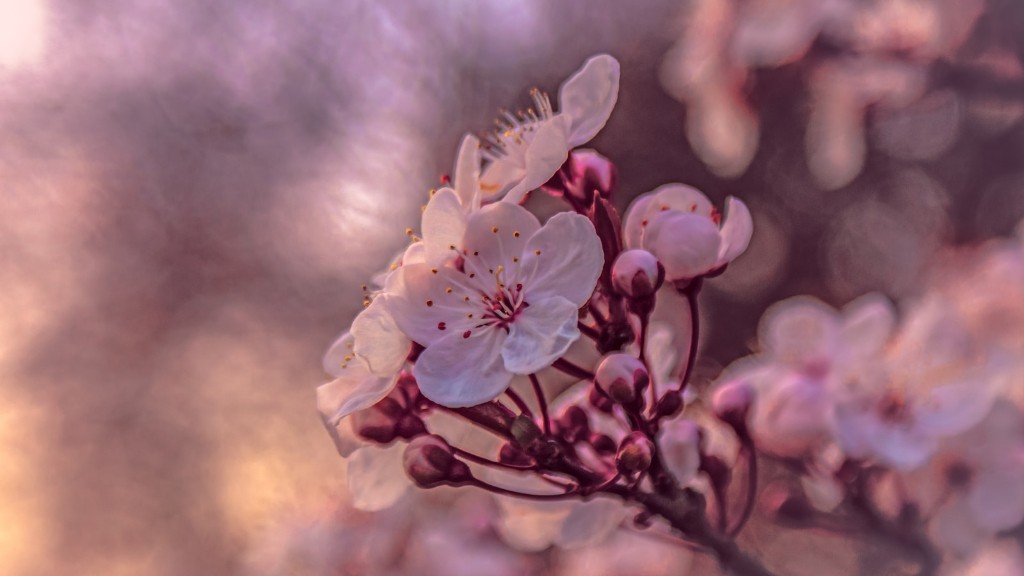Avocado trees are a wonderful addition to both indoor and outdoor gardens. However, avocado tree owners may be concerned if the leaves of their trees turn yellow. This is because yellowing leaves are a sign of certain nutrient deficiencies or other issues.
Chlorosis is one of the most common causes of yellowing leaves on avocado trees. This condition occurs when trees do not get enough iron, manganese, or zinc from the soil. If the soil pH is too high, the availability of these nutrients to the roots is also decreased.
In addition to chlorosis caused by nutrient deficiencies, general malnutrition, too much sunburn, or attacks by pests can cause yellow leaves. Nutrient-deficient avocado trees typically show yellowing in oldest leaves first, while sun damage or pest infestations can cause yellow spots on younger leaves, as well as yellowing.
In order to correctly diagnose the cause of yellowing leaves, it is important to know the age of the leaves and discern any patterns of yellowing. For example, chlorosis typically starts in older leaves, while pest or sun damage is more noteworthy in younger leaves.
When it comes to avocado tree care, proper nutrition is key. Avocado trees need a high-level of macronutrients, including nitrogen, potassium, and phosphorous. They also require micronutrients, including iron, copper, zinc, and magnesium. Adding fertilizer to the soil or foliar application can improve nutrition levels and may help prevent yellow leaves.
When certain nutrients are lacking, avocado tree owners may need to add the missing macronutrients or micronutrients to their soil in order to correct the issue. Fertilizers designed specifically for avocados are a great way to provide the necessary nutrients to the soil.
If a nutrient deficiency is not the cause of yellow leaves on an avocado tree, other measures may be necessary to fix the issue. Sunburn can be remedied by providing the tree with some shade, while pest infestations should be addressed by removing the pests and using appropriate treatments.
Nutrition is Key
Overall, proper nutrition is essential for a healthy avocado tree. A balanced fertilizer specifically created for avocados can ensure that the tree has all of the necessary macronutrients and micronutrients. Proper nutrition helps trees to maintain a vibrant green color and promotes healthy growth.
Correct Diagnosis is Important
Before attempting to fix yellow leaves on an avocado tree, it is important to correctly diagnose the cause. Nutrient deficiencies, sunburn, and pests can all cause yellowing, so it is important to determine which is the culprit. This information can help in choosing the best solution for the problem.
Watering is a Must
Making sure an avocado tree has sufficient water is also very important. Although avocado trees need plenty of water, they do not like to remain in waterlogged soil. Deep, infrequent waterings are best, and irrigation systems may be beneficial. Checking the soil every few days by sticking a finger down about 2 inches can help determine if the soil needs more water.
Prune for Better Health
Pruning is also important for avocado trees, as it increases the amount of light, oxygen, and nutrients that the branches receive. This improves fruiting and can help the tree to stay healthy. Pruning should be done when the tree is dormant, as this will reduce plant stress and reduce the amount of sap loss.
Insect Challenges
Changes in weather or abundance of insects can also lead to problems that produce yellowing in avocado tree leaves. Insects such as mealybugs, scale, and spider mites can all damage avocados, and they need to be treated whenever they are present. Insecticidal soap is a common treatment for these pests, though some may require more powerful chemical treatments.
Fungal Issues
Fungal diseases are another cause of yellow leaves on avocado trees. Fungal organisms in the soil can affect the roots of the tree, resulting in a nutrient deficiency or stunting of growth. Fungal issues need to be diagnosed and treated with premium fungicides if necessary.

